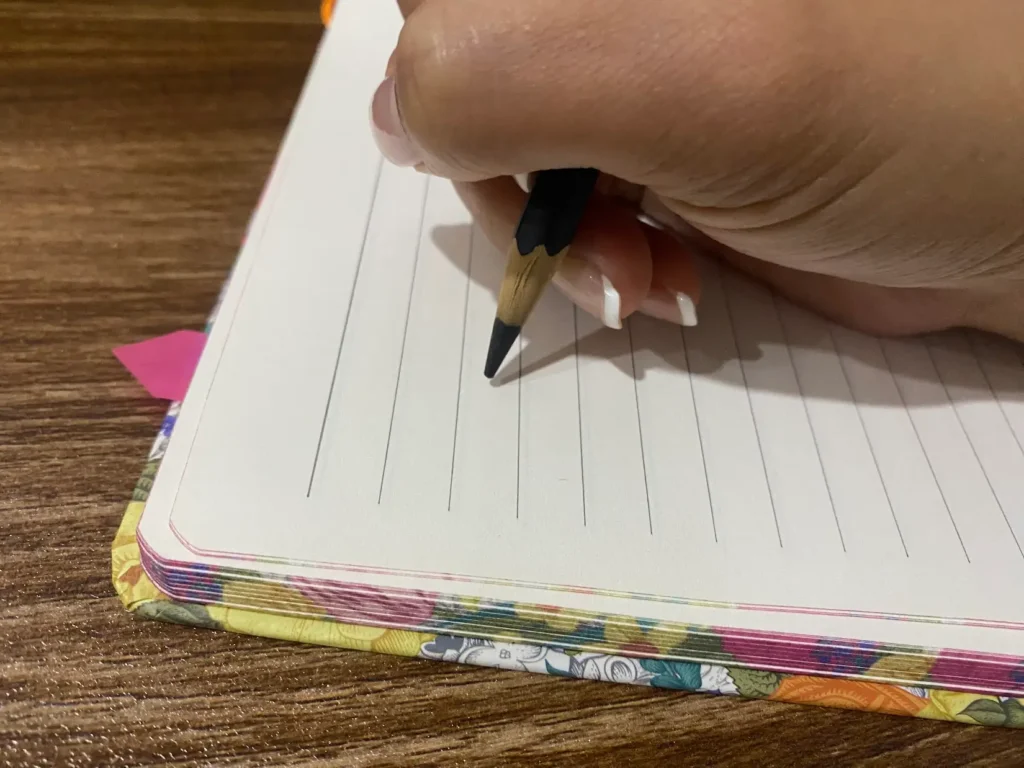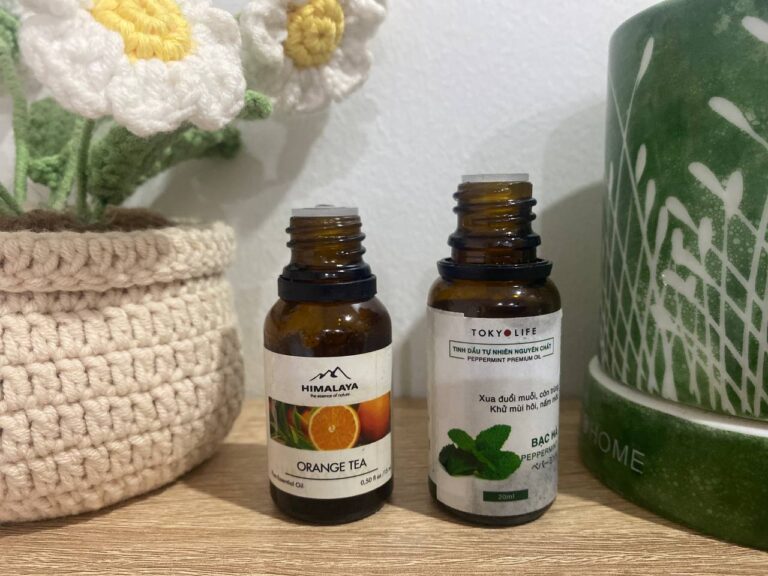Why Closure is Overrated – and How to Move On Without It

We’re taught to believe that closure is the final step in healing. If we just get that one last conversation, that heartfelt apology, or that deep explanation, we’ll finally be able to let go. But what happens if closure never comes?
Because let’s be honest — most of the time, it doesn’t.
The hard truth is that some people will leave without saying goodbye. Some relationships will end with more questions than answers. And some apologies will never be spoken. But here’s what no one tells you: you don’t need closure to move on. You just need to decide that you deserve peace more than an explanation.
Closure is a Myth We Tell Ourselves
We chase closure, thinking it will bring clarity but often deepens the wound. We want to know why they left, hurt us, or didn’t choose us — as if understanding their reasons will undo the damage. But even if you got every answer you sought, would it change what happened?
Would it make the heartbreak hurt any less?
Probably not. Because the pain isn’t in the unanswered questions; it’s in the fact that you have to accept an ending you weren’t ready for. And that makes moving on so hard — not the lack of closure, but the lack of control.
Looking back, I see how those breakups and heartbreaks have shaped me. They felt unbearable then, but I moved on even without all the answers. I’m writing this because a close friend of mine recently experienced a devastating breakup where she got no closure at all. The guy just disappeared. No explanation, no goodbye, no acknowledgement of the pain he caused her. She tried calling from her phone and got no response. Desperate, she called from another number—and he picked up. How messed up is that?
That’s when I started wondering: Is closure really necessary? Because what if the only thing you get from seeking closure is more pain?
The Only Closure You Need is the One You Give Yourself
Instead of waiting for someone else to give you closure, here’s how you can create it on your own:
1. Accept That Some Chapters End Without a Final Page.

Not every story gets a neatly wrapped-up ending. Some just stop mid-sentence, like a show that got cancelled before the season finale. No warning, no conclusion—just a black screen where you expected resolution. And that’s frustrating, unfair even. But just because the story ended unexpectedly doesn’t mean your life stops, too.
You don’t need an epilogue to start a new book. Some people walk away without explanation because they don’t have one, or worse, they don’t care enough to give you one. But that doesn’t mean your healing is on hold.
You get to turn the page, not because they closed the book, but because you are the author of your own story.
2. Stop Romanticizing the “What Ifs.”
It’s so easy to get caught up in the endless loop of “what could have been.” You replay the moments, rewrite the conversations, and imagine an alternate ending where things turn out differently.
But here’s the truth—what if things happened exactly as they were meant to?
What if the ending wasn’t a mistake but a redirection? Obsessing over the “what ifs” won’t change the past, but it will keep you trapped in a story that’s already over.
3. Rewrite the Narrative.

Maybe they didn’t leave because you weren’t enough. Maybe they left because they couldn’t give you what you deserved. Perhaps it had nothing to do with you at all.
Instead of believing you weren’t worthy of love, consider this: they weren’t ready to love you the way you needed. And that’s not your failure—it’s their limitation.
Flip the script.
Reframe the story in a way that shifts the power back to you, where you’re not the one abandoned but who dodged something that wasn’t meant for you.
4. Let Go of the Idea That You Need Their Permission to Move On.
You don’t need their acknowledgement to validate your pain. You don’t need their apology to grant yourself peace.
Waiting for closure from them is like waiting for an apology from the wind—it’s never coming, and even if it did, it wouldn’t change anything.
The only thing between you and healing is the belief that you need them to close the chapter.
But the truth? You can slam that book shut any time you want to.
Your peace isn’t in their hands; it’s in yours.
5. Choose Yourself, Every Time.
Closure isn’t about understanding them. It’s about understanding yourself.
It’s about realizing you don’t need all the answers to move forward.
It’s about deciding, right here and now, that your peace is worth more than their explanation. That your future matters more than their past choices. That your happiness isn’t something they control—it’s something you claim for yourself.
Choose yourself, not just once, but every single time.

You Deserve Peace, Even Without an Explanation
There’s power in realizing that closure isn’t something you get from someone else but create for yourself. So stop waiting for that text, that apology, that conversation that might never come.
Close the chapter because you choose to, not because someone else permitted you.
Your healing shouldn’t depend on their response. It never was.
And that, my friend, is the actual closure.






